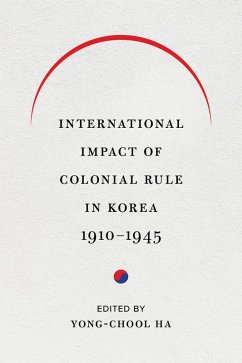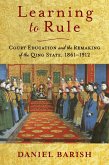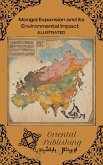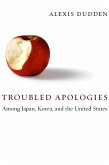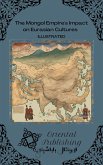In recent years, discussion of the colonial period in Korea has centered mostly on the degree of exploitation or development that took place domestically, while international aspects have been relatively neglected. Colonial discourse, such as characterization of Korea as a hermit nation, was promulgated around the world by Japan and haunts us today. The colonization of Korea also transformed Japan and has had long-term consequences for postWorld War II Northeast Asia as a whole.
Through sections that explore Japan's images of Korea, colonial Koreans' perceptions of foreign societies and foreign relations, and international perceptions of colonial Korea, the essays in this volume show the broad influence of Japanese colonialism not simply on the Korean peninsula, but on how the world understood Japan and how Japan understood itself. When initially incorporated into the Japanese empire, Korea seemed lost to Japan's designs, yet Korean resistance to colonial rule, along with later international fear of Japanese expansion, led the world to rethink the importance of Korea as a future sovereign nation.
Through sections that explore Japan's images of Korea, colonial Koreans' perceptions of foreign societies and foreign relations, and international perceptions of colonial Korea, the essays in this volume show the broad influence of Japanese colonialism not simply on the Korean peninsula, but on how the world understood Japan and how Japan understood itself. When initially incorporated into the Japanese empire, Korea seemed lost to Japan's designs, yet Korean resistance to colonial rule, along with later international fear of Japanese expansion, led the world to rethink the importance of Korea as a future sovereign nation.
Dieser Download kann aus rechtlichen Gründen nur mit Rechnungsadresse in A, D ausgeliefert werden.

